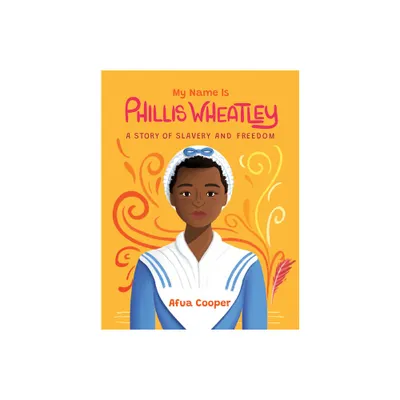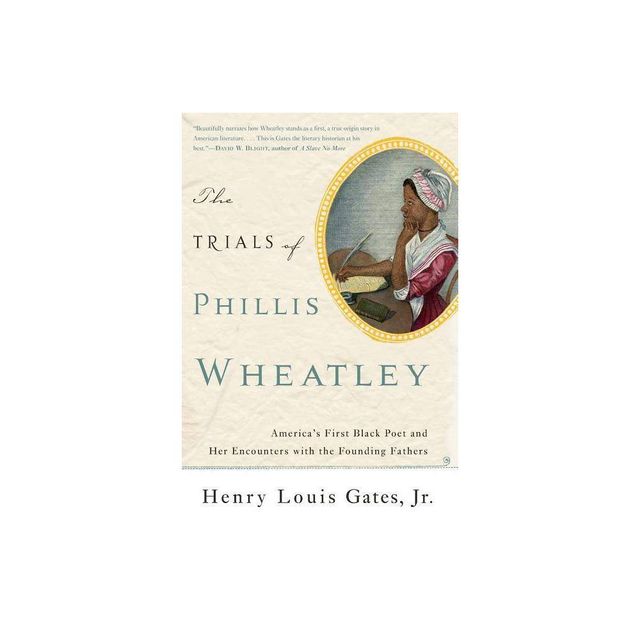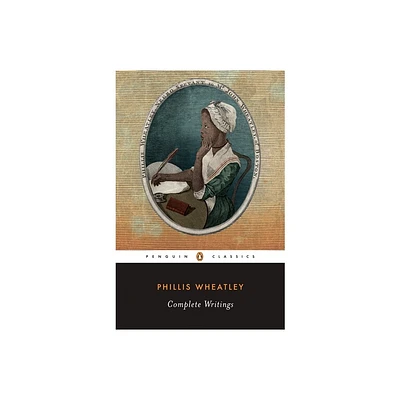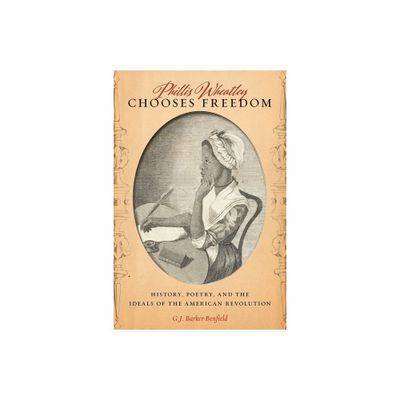Home
The Right to Write: Literary Politics of Anne Bradstreet and Phillis Wheatley
Loading Inventory...
Barnes and Noble
The Right to Write: Literary Politics of Anne Bradstreet and Phillis Wheatley
Current price: $41.99


Barnes and Noble
The Right to Write: Literary Politics of Anne Bradstreet and Phillis Wheatley
Current price: $41.99
Loading Inventory...
Size: Paperback
*Product Information may vary - to confirm product availability, pricing, and additional information please contact Barnes and Noble
The Right to Write
examines how the early American poets Anne Bradstreet and Phillis Wheatley gained agency within a traditionally patriarchal field of literary production. Tracing the careers of Bradstreet and Wheatley through the seventeenth and eighteenth centuries, Engberg shows that these women used their positions within society to network themselves into publication. Each woman represents a unique way in which a majority of early American women negotiated their roles as both women and writers while influencing the political and social fabric of the new republic. Examining the context in which these women worked, Engberg provides a window into the social conditions and aesthetic decisions they negotiated in order to write. This is not simply a historical and literary examination of the field of literary production; this study provides new conceptions of early American women's writing that are valuable to feminist inquiry. Engberg's research is innovative and recaptures a part of early American literary history.
examines how the early American poets Anne Bradstreet and Phillis Wheatley gained agency within a traditionally patriarchal field of literary production. Tracing the careers of Bradstreet and Wheatley through the seventeenth and eighteenth centuries, Engberg shows that these women used their positions within society to network themselves into publication. Each woman represents a unique way in which a majority of early American women negotiated their roles as both women and writers while influencing the political and social fabric of the new republic. Examining the context in which these women worked, Engberg provides a window into the social conditions and aesthetic decisions they negotiated in order to write. This is not simply a historical and literary examination of the field of literary production; this study provides new conceptions of early American women's writing that are valuable to feminist inquiry. Engberg's research is innovative and recaptures a part of early American literary history.


















